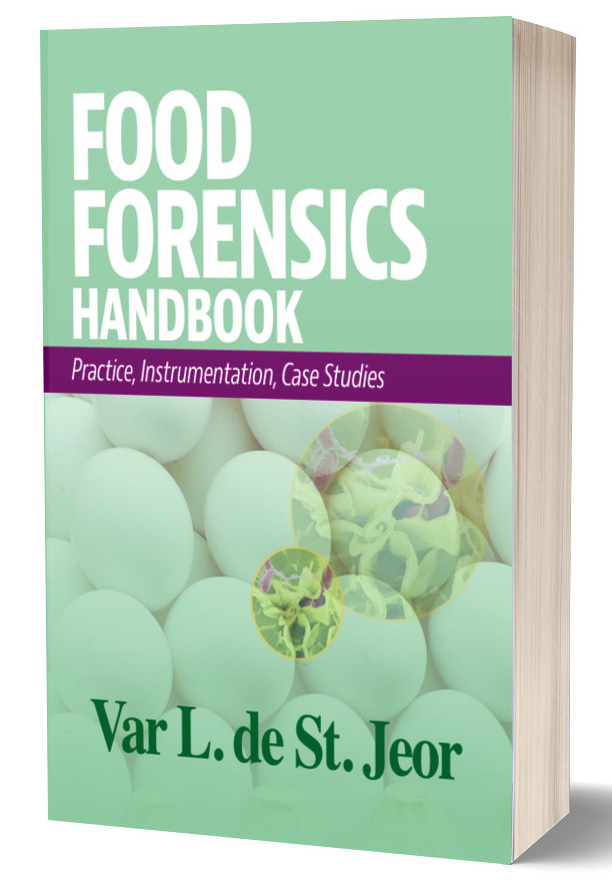Proposed Amendments Would Expand EU Regulations on Allowable Levels of Listeria in RTE Foods

Image credit: moerschy via Pixabay
In an effort to align EU rules with Codex Alimentarius standards, the European Commission (EC) has proposed amendments to its regulations for Listeria monocytogenes in ready-to-eat (RTE) foods. If adopted, the new regulations would go into effect after January 1, 2026. The draft act is open for public comment until May 8, 2024.
The draft regulations would amend Regulation (EC) No. 2073/2005, which sets forth the criteria for certain microbial contaminants in food and implements hygiene requirements for food producers. In light of the fact that that the number of human listeriosis cases in the EU rose by 15.9 percent from 2021 to 2022, and because 2022 saw one of the highest fatality rates associated with foodborne listeriosis, EU regulators determined it necessary to update the food safety criteria for L. monocytogenes to protect public health.
The available scientific literature suggests that consumption of foods containing L. monocytogenes in concentrations exceeding 100 colony forming units per gram (cfu/g) has the potential to cause illness. Additionally, RTE foods (other than those intended for infants and for special medical purposes) are able to support the growth of L. monocytogenes throughout their shelf-life, and therefore present additional risk.
At present, Regulation (EC) No. 2073/2005 states that, with the exception of foods intended for infants and special medical purposes, L. monocytogenes cannot be detected in 25 g of RTE foods (that are able to support pathogen growth over time to eventually exceed 100 cfu/g) before such products leave the production facility. However, Regulation (EC) No. 2073/2005 does not provide that the same criterion applies to these foods once they have left the immediate control of the producing food business operator.
Based on these facts, EC is proposing amendments to Annex I of Regulation (EC) No. 2073/2005 to guarantee the same level of public health protection from production to distribution for RTE foods (other than those intended for infants and for special medical purposes) that are able to support the growth of L. monocytogenes. The proposed amendments would apply the criterion “L. monocytogenes not detected in 25 g” to all situations where covered RTE foods are placed on the market during their shelf-life and for which the producing food business operator has not been able to demonstrate, to the satisfaction of the competent authority, that the level of L. monocytogenes will not exceed the limit of 100 cfu/g throughout the food’s shelf life.
Looking for a reprint of this article?
From high-res PDFs to custom plaques, order your copy today!








